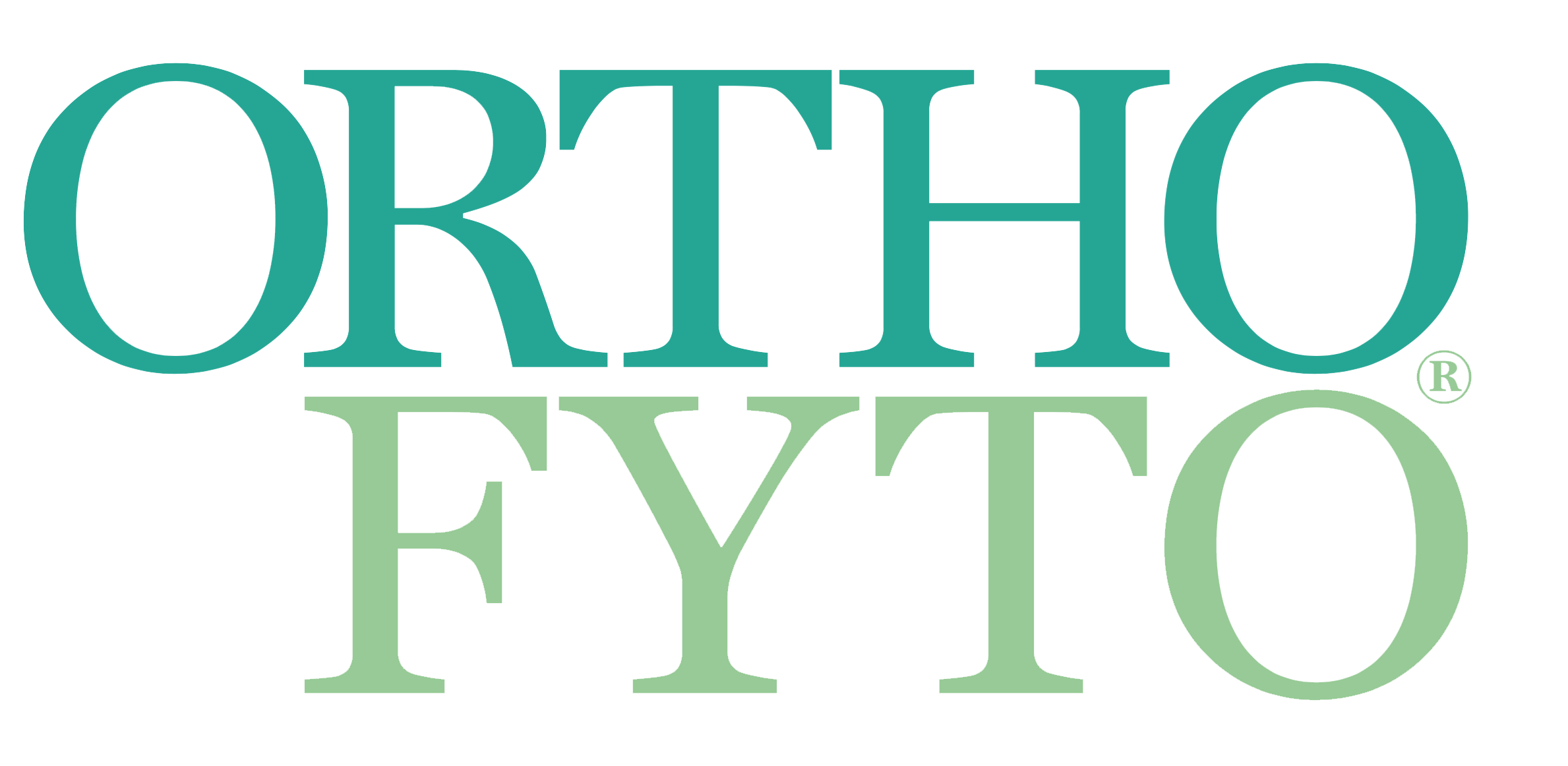Artisjok, vriend van de lever
05 Oct, 2023
Door: Geert Verhelst
Dat de leverfunctie van de westerse mens onder druk staat, is een understatement. Voedings-, omgevings- en metabole toxines, geneesmiddelengebruik en nutritionele deficiënties bemoeilijken de leverdetoxicifatie, terwijl vooral geraffineerde fructose, een overmaat aan omega 6-vetzuren en een gebrek aan vitamine E zich steeds vaker vertalen in niet-alcoholische leververvetting. Een plant die de lever kan ondersteunen is artisjok.
De artisjok (Cynara scolymus) is een in het wild onbekende plant; ze ontstond in de 15de eeuw door veredelen van de kardoen (Cynara cardunculus), een eetbare distelsoort uit het Middellandse Zeegebied en Noord-Afrika die o.a. door de Grieken en Romeinen als groente werd gekweekt. Deze plant gedijt het best op warme, beschutte plaatsen in de volle zon in een mild klimaat. In het eerste jaar vormt de artisjok een rozet van diep ingesneden, viltige, grijsgroene bladeren die tot 80 cm lang en 40 cm breed worden. Vanaf het tweede jaar verschijnen op een harde stengel vuistgrote bloemknoppen, die meestal voor de bloei worden afgesneden en culinair worden gebruikt. Het zijn de bladeren van het eerstejaarsrozet van zowel de artisjok als de kardoen die tegenwoordig fytotherapeutisch worden ingezet.
De stoffen die het belangrijkst zijn voor de werking van de artisjok- en kardoenbladeren, zijn bitterstoffen: meer bepaald sesquiterpeenlactonen, met als belangrijkste cynaropicrine. Die werken in synergie met fenolzuren afgeleid van koffiezuur – waaronder chlorogeenzuur, neochlorogeenzuur, caffeoylchinazuur en cynarine, een andere bitterstof – fenolische alcoholen en diverse flavonoïden, vooral de luteolinederivaten cynaroside en cynaratrioside.
De eigenschappen waar de artisjok het meest om bekend staat, zijn de choleretische en chologoge werkingen, waarbij de synergie van voornoemde inhoudsstoffen respectievelijk de galaanmaak en de galafscheiding door de lever bevordert. Dat laatste wordt vooral in de hand gewerkt door het feit dat de samentrekking van de galblaas verbetert en de galwegen ontkrampt worden.
Lees het gehele artikel vanaf pagina 31 in OrthoFyto 5/23.
Wilt u het gehele artikel als PDF bestand ontvangen? Bestel het dan hier voor € 3,50.
Bronvermelding:
1. Speroni E, Cervellati R, Govoni P, Guizzardi S, Renzulli C, Guerra MC. Efficacy of different Cynara scolymus preparations on liver complaints. J Ethnopharmacol. 2003 Jun;86(2-3):203-11.
2. Ben Salem M, Affes H, Ksouda K, Dhouibi R, Sahnoun Z, Hammami S, Zeghal KM. Pharmacological Studies of Artichoke Leaf Extract and Their Health Benefits. Plant Foods Hum Nutr. 2015 Dec;70(4):441-53.
3. Kulza M, Adamska K, Seńczuk-Przybyłowska M, Woźniak A, Wachowiak A, Miechowicz I, Horoszkiewicz M, Nowak G, Florek E. Karczoch zwyczajny--lek roślinny [Artichoke--herbal drug]. Przegl Lek. 2012;69(10):1122-6. Polish.
4. Moradi S, Shokri-Mashhadi N, Saraf-Bank S, Mohammadi H, Zobeiri M, Clark CCT, Rouhani MH. The effects of Cynara scolymus L. supplementation on liver enzymes: A systematic review and meta-analysis. Int J Clin Pract. 2021 Nov;75(11):e14726. Epub 2021 Aug 23. PMID: 34383355.
5. Amini MR, Sheikhhossein F, Talebyan A, Bazshahi E, Djafari F, Hekmatdoost A. Effects of Artichoke Supplementation on Liver Enzymes: A Systematic Review and Meta-Analysis of Randomized Controlled Trials. Clin Nutr Res. 2022 Jul 25;11(3):228-239. doi: 10.7762/cnr.2022.11.3.228.
6. Panahi Y, Kianpour P, Mohtashami R, Atkin SL, Butler AE, Jafari R, Badeli R, Sahebkar A. Efficacy of artichoke leaf extract in non-alcoholic fatty liver disease: A pilot double-blind randomized controlled trial. Phytother Res. 2018 Jul;32(7):1382-1387.. Epub 2018 Mar 9.
7. Kamel AM, Farag MA. Therapeutic Potential of Artichoke in the Treatment of Fatty Liver: A Systematic Review and Meta-Analysis. J Med Food. 2022 Oct;25(10):931-942. Epub 2022 Jun 28. PMID: 35763310.
8. Shahinfar H, Bazshahi E, Amini MR, Payandeh N, Pourreza S, Noruzi Z, Shab-Bidar S. Effects of artichoke leaf extract supplementation or artichoke juice consumption on lipid profile: A systematic review and dose-response meta-analysis of randomized controlled trials. Phytother Res. 2021 Dec;35(12):6607-6623.. Epub 2021 Sep 27.
9. Sahebkar A, Pirro M, Banach M, Mikhailidis DP, Atkin SL, Cicero AFG. Lipid-lowering activity of artichoke extracts: A systematic review and meta-analysis. Crit Rev Food Sci Nutr. 2018;58(15):2549-2556. Epub 2017 Aug 24.
10. Santos HO, Bueno AA, Mota JF. The effect of artichoke on lipid profile: A review of possible mechanisms of action. Pharmacol Res. 2018 Nov;137:170-178.. Epub 2018 Oct 9.
11. Ravnskov U, de Lorgeril M, Diamond DM, Hama R, Hamazaki T, Hammarskjöld B, Hynes N, Kendrick M, Langsjoen PH, Mascitelli L, McCully KS, Okuyama H, Rosch PJ, Schersten T, Sultan S, Sundberg R. LDL-C does not cause cardiovascular disease: a comprehensive review of the current literature. Expert Rev Clin Pharmacol. 2018 Oct;11(10):959-970.
12. Ricieri Mocelin, Matheus Marcon, Glaucia D. Santo, Leila Zanatta, Adrieli Sachett, Amanda P. Schönell, Fernanda Bevilaqua, Marta Giachini, Rafael Chitolina, Silvana M. Wildner, Marta M.M.F. Duarte, Greicy M.M. Conterato, Angelo L. Piato, Denise B. Gomes, Walter A. Roman Junior. Hypolipidemic and antiatherogenic effects of Cynara scolymus in cholesterol-fed rats. Revista Brasileira de Farmacognosia. Volume 26, Issue 2, 2016, Pages 233-239, ISSN 0102-695X.
13. Sanchez-Lozada LG et al. Uric Acid and Hypertension: An Update With Recommendations. Am J Hypertens. 2020 Jul 18;33(7):583-594. Erratum in: Am J Hypertens. 2020 Dec 31;33(12):1150.
14. Moradi M, Sohrabi G, Golbidi M, Yarmohammadi S, Hemati N, Campbell MS, Moradi S, Kermani MAH, Farzaei MH. Effects of artichoke on blood pressure: A systematic review and meta-analysis. Complement Ther Med. 2021 Mar;57:102668.. Epub 2021 Jan 16.
15. Jalili C. et al Effects of Cynara scolymus L. on glycemic indices: A systematic review and meta-analysis of randomized clinical trials. Complement Ther Med. 2020 Aug;52:102496.
